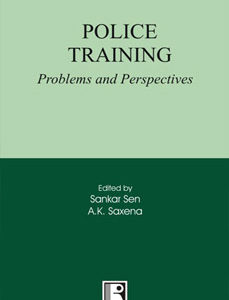NUCLEAR POLITICS IN SOUTH ASIA: In Search of an Alternative Paradigm
₹995.00 Original price was: ₹995.00.₹796.00Current price is: ₹796.00.
25 in stock
The present work is a scholarly attempt to break new grounds in the field of nuclear studies, with particular reference to South Asia. By examining dispassionately various existing approaches to the Nuclear Crisis Management (NCM) in South Asia, the author has offered an alternative psycho-cultural paradigm which has almost remained neglected in the studies undertaken so far by western and non-western scholars.
Besides analyzing (i) India’s nuclear policy; (ii) US nuclear approaches in South Asia; (iii) Chinese role in nuclear policies of India and Pakistan, as a critical variable in the regional peace, security and stability; (iv) CBMs and nuclear restraint; and (v) nuclear future in South Asia, he examines the horrendous consequences of nuclear exchange between India and Pakistan in the absence of a coherent and precise nuclear doctrine as well as proper training in the use and control of such weapons.
Related products
Political Science
SECULARISATION OF INDIAN MIND: A Study of Political Ideas in India from 1885 to 1914
Political Science
Political Science
Political Science
Political Science
Political Science
Political Science
CRIMINAL JUSTICE ADMINISTRATION: The Relay Race for Criminal Justice
Political Science










